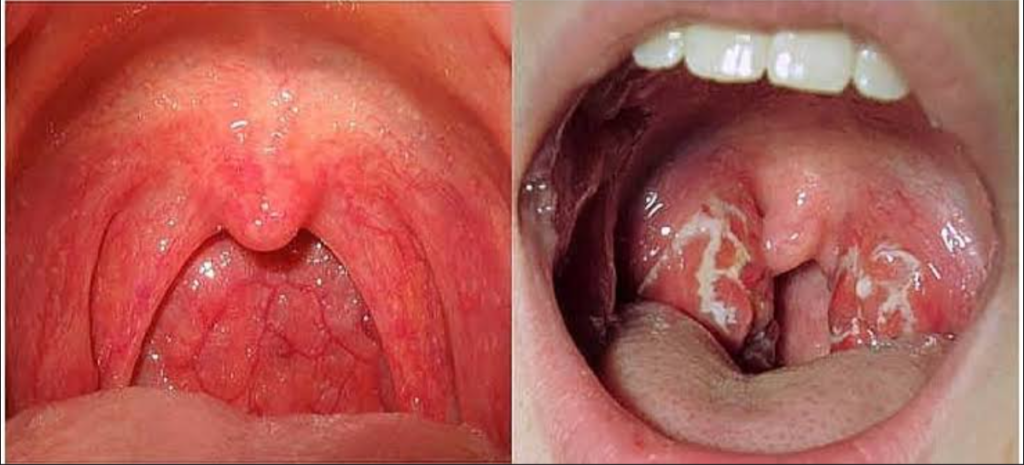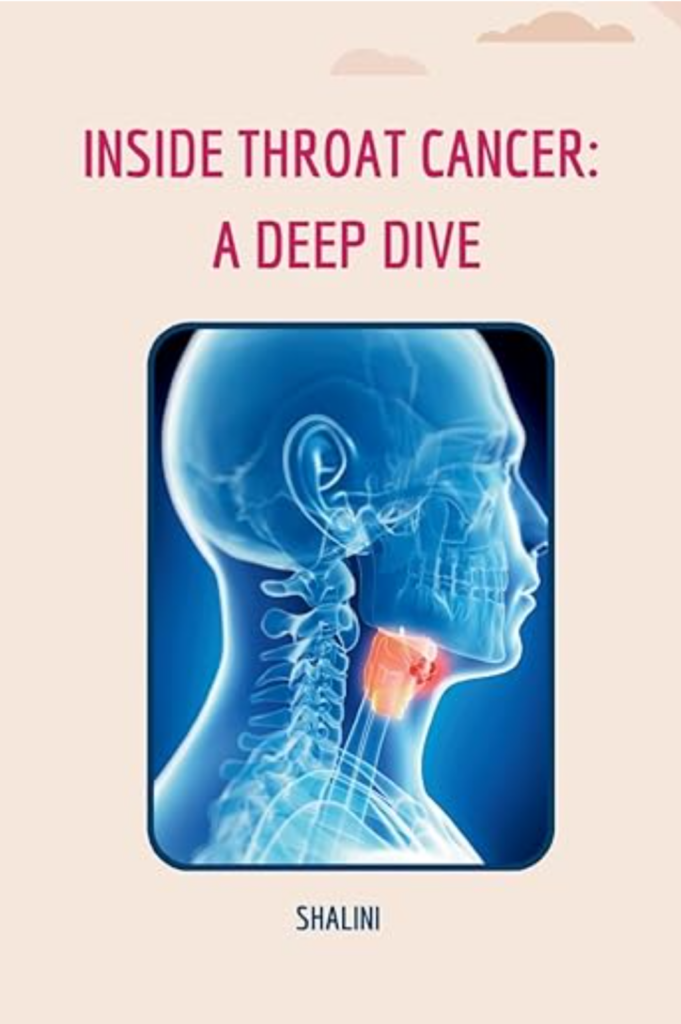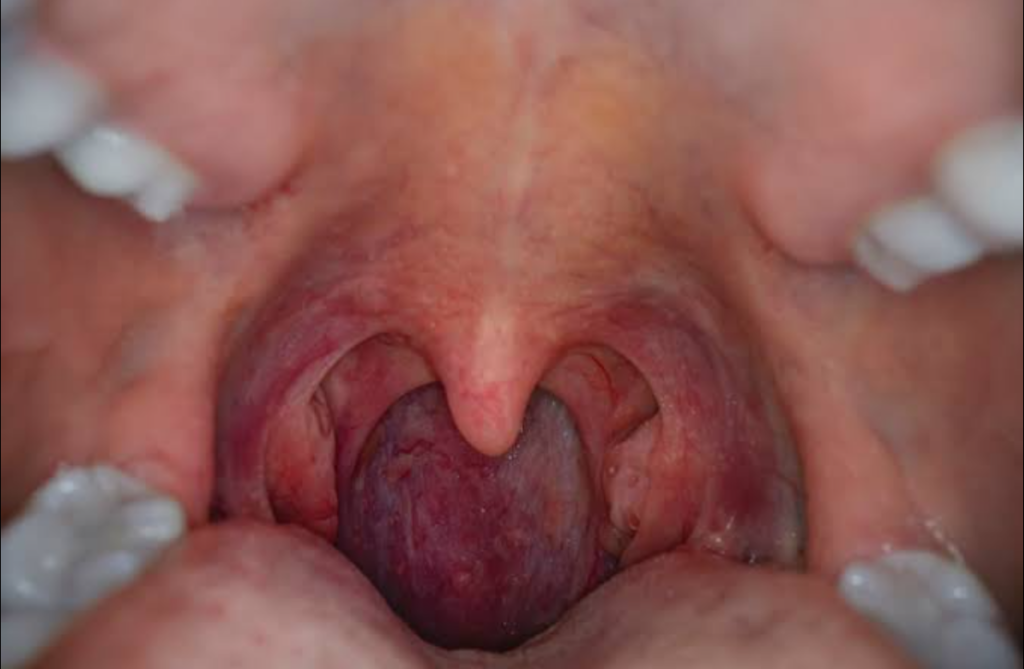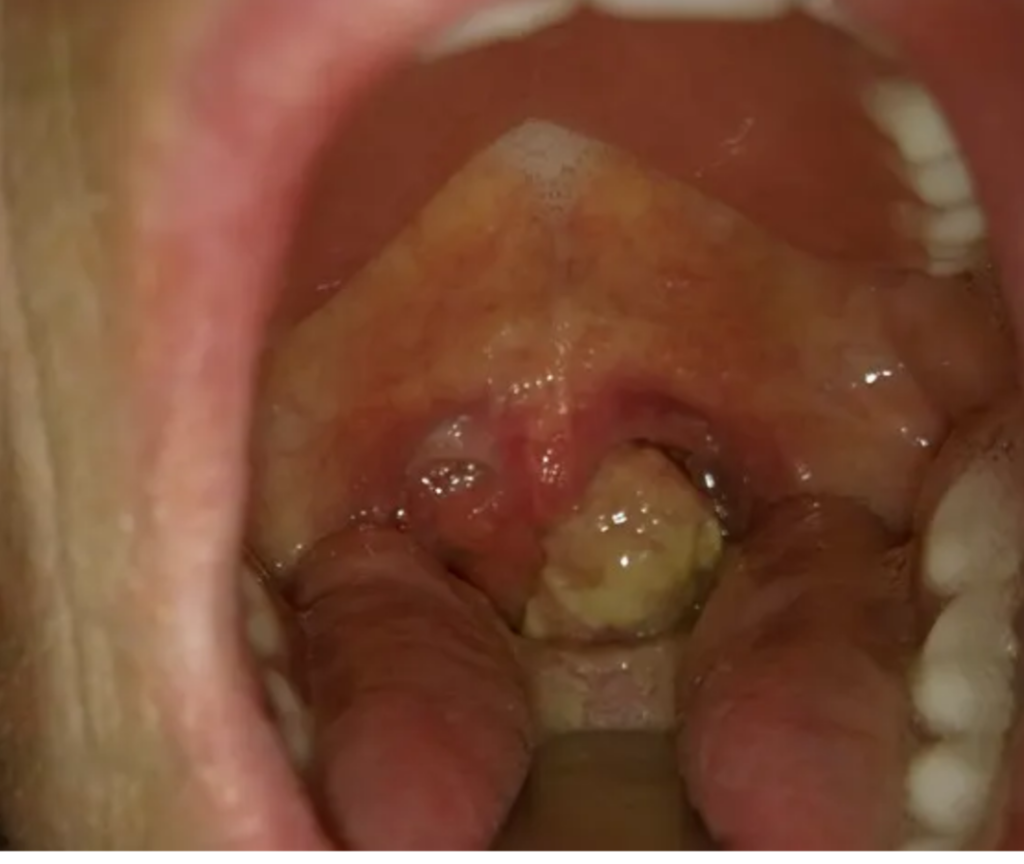Cancer is called cancer in English. This disease is very deadly. It is a cursed disease. It is not easy to cure this disease. But according to the doctor, there is no treatment or no one is getting

better. If the leaves of the rice plant are plucked from the beginning, its juice is mixed with two hundred grams of pure two hundred grams. If the rest is infected, it will be repeatedly applied to the affected area as an

ointment and the leaves of the tree will be boiled in a glass of water until it is cured. After that there will be 100 grams of water. You should do kulukuncha in that water 2 or 3 times a day. As Mahadev is the presiding deity of the

throat, eat it with betel leaves and coriander. Staying in this rule will cure cancer. It is not because of pre-birth curse. There is no hope of recovery.
Throat Cancer: Overview, Symptoms, Causes, and Treatment
Throat Cancer
Throat cancer refers to malignant tumors that develop in the throat (pharynx), voice box (larynx), or tonsils. It is a type of head and neck cancer that can affect different parts of the throat, including:
Pharyngeal Cancer (affecting the pharynx, which connects the mouth to the esophagus)
Laryngeal Cancer (affecting the larynx or voice box)
Symptoms of Throat Cancer
Early symptoms can be subtle, but they may include:
Persistent sore throat
Hoarseness or voice changes
Difficulty swallowing
Unexplained weight loss
Lump in the neck or throat
Chronic cough or coughing up blood
Ear pain
Breathing difficulties
Throat Cancer medicine
Throat cancer develops when genetic mutations cause uncontrolled cell growth. Common risk factors include:
Smoking and Tobacco Use (major risk factor)
Heavy Alcohol Consumption
Human Papillomavirus (HPV) Infection
Poor Diet (low in fruits and vegetables)
Gastroesophageal Reflux Disease (GERD)
Prolonged Exposure to Chemicals (e.g., asbestos, industrial fumes)
Family History of Cancer
Diagnosis throat cancer symptoms
Doctors use various methods to diagnose throat cancer, such as:
Physical Examination
Laryngoscopy or Endoscopy (to examine the throat)
Biopsy (tissue sample for testing)
Imaging Tests (CT scan, MRI, PET scan)
Treatment Options
Treatment depends on the stage and location of the cancer but may include:
1. Surgery – Removing the tumor if it’s localized
2. Radiation Therapy – High-energy rays to kill cancer cells
3. Chemotherapy – Drugs to destroy cancer cells, often combined with radiation
4. Targeted Therapy – Drugs that specifically attack cancer cells
5. Immunotherapy – Boosts the immune system to fight throat cancer symptoms
Prevention Tips
Quit smoking and avoid tobacco
Limit alcohol consumption
Get vaccinated against HPV
Eat a healthy diet rich in fruits and vegetables
Maintain good oral hygiene
Avoid prolonged exposure to harmful chemicals
Prognosis
Early detection greatly improves survival rates. The 5-year survival rate depends on the cancer stage:
Localized (early stage): ~80-90% survival
Regional (spread to nearby tissues/lymph nodes): ~50-60%
Distant (metastatic, spread to other organs): ~30%
Would you like specific information on treatment


